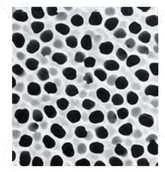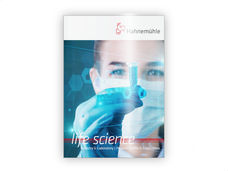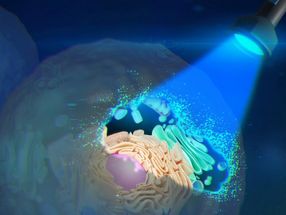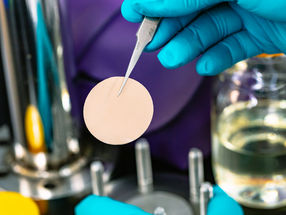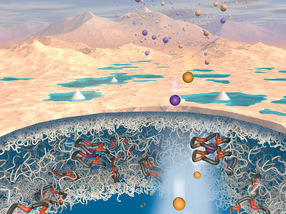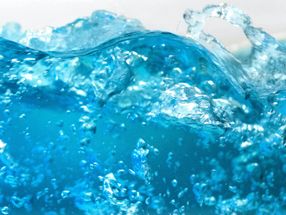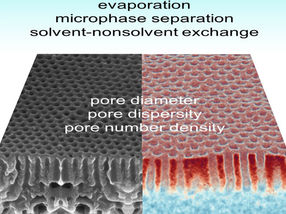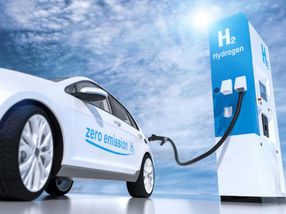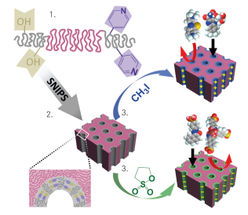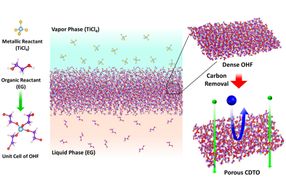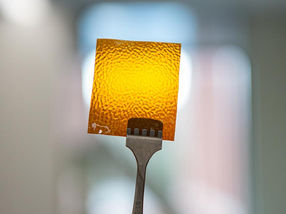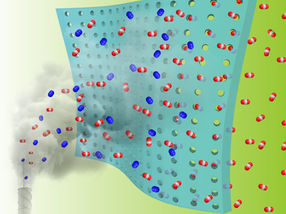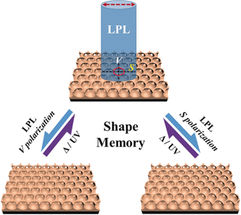Membranes - 246 News
Tip: You can further refine your news selection by departments, organizations, countries and industries.
Membranes - 246 News
Tip: You can further refine your news selection by departments, organizations, countries and industries.
Loading...
These products might interest you
Membranes - News by topic
Membranes - News by department
Membranes - News by industry
Membranes - News by country
Haven't found the right news yet?
The chemeurope.com news search
Start your targeted search now with a wide range of filter options. Our database includes an archive of 27,532 chemistry news from business and science, which you can search by topic and organization, filtered by time and geography.











